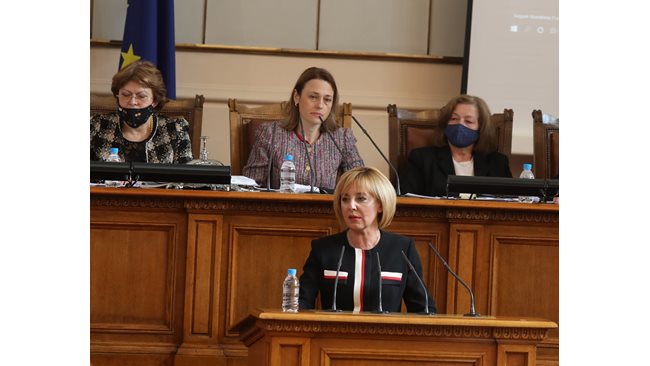–
–
PHOTO: NIKOLAI LITOV
–
BGN 43.842 million have gone to 10 private district heating companies in the last 8 months. The money was paid by the Electricity System Security Fund following a decision of the EWRC. This was said by Maya Manolova during the audit committee.
District heating companies have sued and won lawsuits against the EWRC against very low prices for electricity from cogeneration. As a result, the commission has decided to adjust its decision at prices already set.
“Yes, there are such decisions, at that time the prices of these district heating plants were underestimated by EWRC, probably in order to control the prices, but after the Supreme Administrative Court gave instructions with its decisions, EWRC had to follow them and adjust the price. This means that for that price period the consumers paid less and this is now compensated “, explained the EWRC.
For the first time I see EWRC correcting decisions at already determined prices, already paid through the fund. This looks like a well-organized scheme for draining the fund with the participation of the EWRC, however, said Manolova and stressed that the regulator has never done so after disputes over prices by citizens.
Manolova also said that the same district heating companies won lawsuits in 2017, but did not find data on the amounts paid. These funds could be used to reduce the cost of electricity.
Manolova also asked why the fund had to pay BGN 500 million to NEK in the period 2016-2021. The fund replied that the money was to compensate according to the green energy methodology, when there was a big discrepancy to buy electricity from RES. That is why 79 million are paid per year. The remaining 200m is to compensate Maritza East 1 and Maritza East 2 for energy purchases in the past, because the fund has not provided enough funds on time, as it is working on projected carbon quota prices. .
According to Manolova, the estimated prices of heating should be set every three months, not once a year. She would introduce a bill if there was time in parliament.
“If you know the natural gas market, the high prices are in the winter months and if the prices are quarterly, you will pay expensive heating in winter and cheap hot water in summer, this is a market fluctuation every year,” explained the EWRC.
– .


